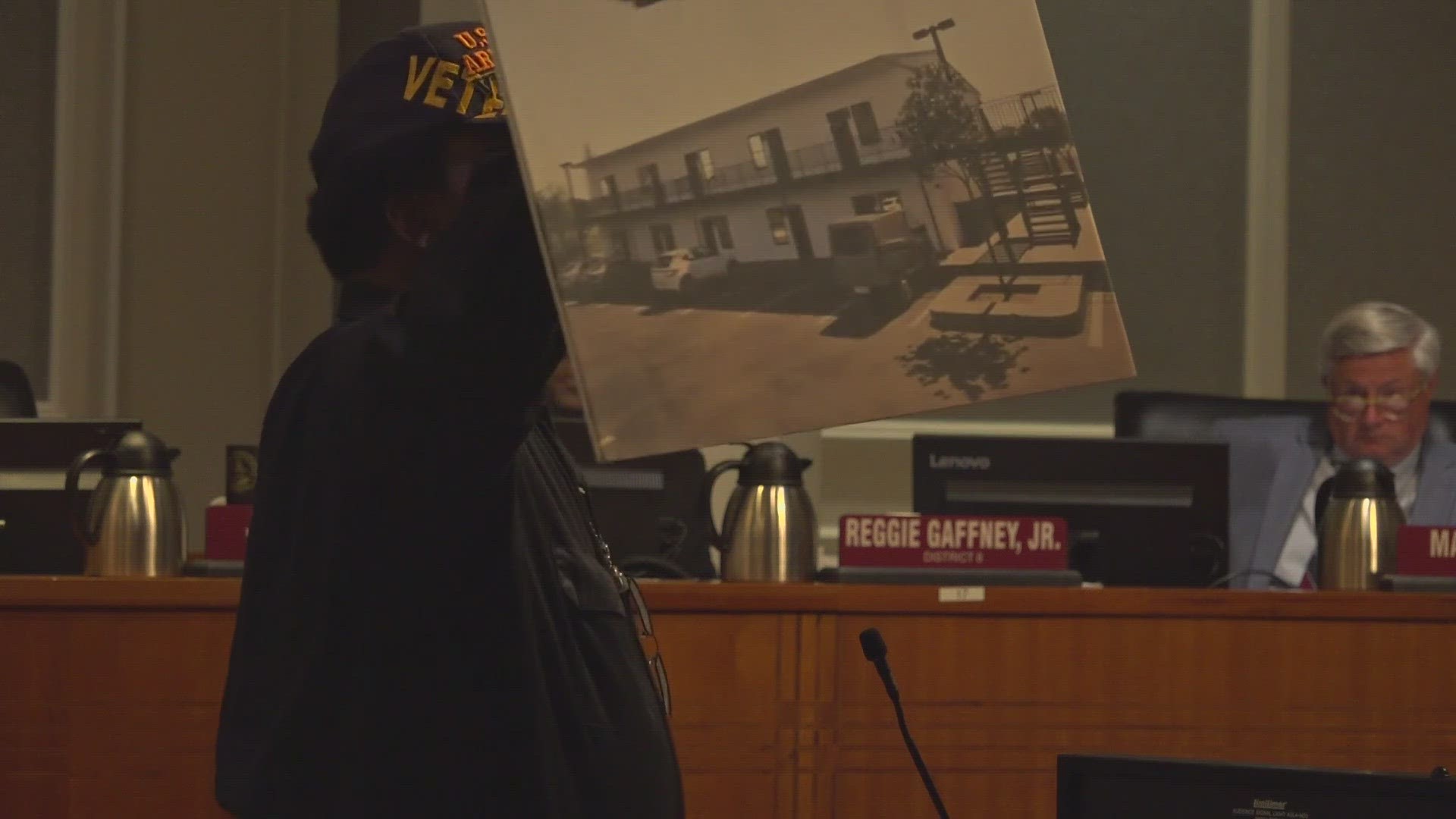JACKSONVILLE, Fla. — Sheriff T.K. Waters will now have signing authority over legal settlements involving his officers, Jacksonville City Council decided Tuesday.
The legislation makes Jacksonville the only municipality in the nation to require constitutional officers’ approval in liability settlements, Anna Brosche, the city’s chief financial officer, told council.
Council spent hours debating the legislation in committees last week weighing concerns from Brosche, the Risk Management Office and Office of General Counsel on the potential financial impacts to the city – namely that the legislation could impact the city’s liability insurance premiums or lose the coverage altogether – but also to the impact of police officers sued.
Voting 15-4, they reached a compromise that if the constitutional officer disagrees with the Risk Management officer’s decision, the City Council president will act as a tie-breaker. The change was lauded by Republican lawmakers for bringing the sheriff “a seat at the table” and promoting morale among officers.
However, the Democratic lawmakers on council, four of whom voted against the bill, either offered further compromises or opposed the bill after hearing from community members and questioning the increase in power.
Prior to the meeting, the Jacksonville branch of the NAACP, Northside Coalition, Jacksonville Community Action Committee and others penned a letter to City Council members urging them to reject the legislation.
“It [the legislation] would erode the public trust and confidence in the city government and the sheriff’s office, especially in cases involving police shootings or excessive force, which are already highly sensitive and controversial issues in our community,” the organizations said in the letter.
Waters requested the legislation months after the city settled a case with the family of Jamee Johnson, a 22-year-old Florida A&M University student shot by a Jacksonville Sheriff’s Officer in 2019.
The city – at the recommendation of the Risk Management team – settled the case for $200,000 in August of last year. Waters said in November he had no knowledge of the settlement until Jacksonville news outlets reported it.
According to records obtained by the Times-Union, the Office of General Counsel notified Undersheriff Shawn Coarsey and Waters’ executive assistant Aug. 1 of an impending settlement with Johnson’s family, which was signed by his parents over the next two days. There were no records showing Waters’ real-time response to that news.
Records also showed that the officer who shot Johnson and was cleared of wrongdoing, Josue Garriga, was invited to a May 30 meeting with city attorneys to discuss the potential settlement with the JSO attorney.
Under the new legislation, if Waters does not agree to settle a future case and the City Council president at the time agrees, the police officer involved could be held liable for any monetary damages following a trial. Under the previous law, the city’s insurance would cover the settlement for the officer.
Josh Becksmith, an insurance broker with Brown & Brown told City Council last week that the addition of the City Council president as a safeguard would likely help the city retain its insurance provider, but the premiums would likely still rise.
He recommended they outline exactly at what settlement costs various city officers become involved in the process.
Council member Rahman Johnson proposed an amendment that would have accomplished what Becksmith described while also establishing a committee of city officials, including the constitutional officer, that would have decided together on settlements higher than $200,000.
The amendment failed.
Council member Jimmy Peluso initially planned to vote for the bill but questioned why JSO focused on bringing settlement legislation through council following one case when they did not bring council anti-hate legislation following the shooting at a Dollar General last year or a plan to prevent jail deaths.
He ultimately voted against the bill and decided JSO and the council should focus on other policy matters, such as getting raises for police and correctional officers.
He requested Waters speak on the bill and answer questions before the vote, but Waters deferred to Lara Mattina, JSO’s organizational strategic executive.
Mattina told council that JSO has made policy changes this year without coming before council and communicated with the public in a way the office never has. She disagreed with setting any financial limits on when the sheriff became involved because each case affected the agency.
“The spirit of what this bill is attempting to do is to put the constitutional officer at the table for resolutions of all lawsuits, regardless of the monetary value of that settlement, because the settlement of $1 could still have catastrophic reputational loss for JSO,” Mattina said.

